The Human Footprint: 8 Billion People on Earth
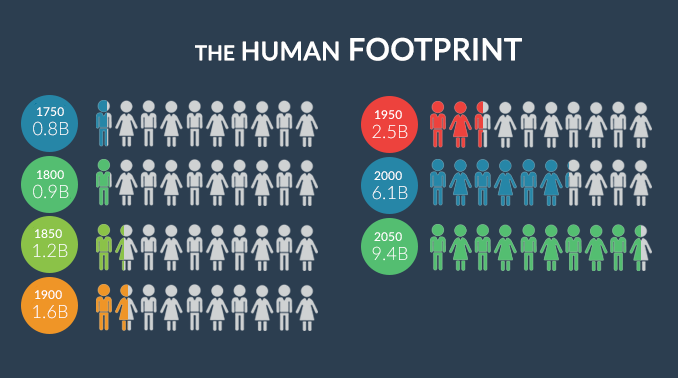
The Human Footprint
We erect cities, trim forests, and alter the environment. In fact, 75% of land outside of ice sheets is managed by us.
Because of our massive human footprint, scientists are proposing we have already entered a new epoch called the “Anthropocene”.
Let’s examine the extent of the human footprint on Earth.
How is the landscape changing?
As the population increases to 8+ people, food production is set to match this increase. Now, there are over 5 billion hectares designated for agricultural land compared to just 1 billion in 1800. So that means about 40% of land is for feeding the planet.
Forests cover approximately 30% of Earth’s land surface and are important carbon sinks. But as the urban area expands, forest cover is in the decline. According to the World Resource Institute, we have already lost 80% of the world’s natural forests due to our human footprint.
Approximately 15% of land is protected because they’re recognized for its ecological value. But currently, extinction rates are 100 to 1000 times above normal. A lot of critical biomes are in desperate need of protection to preserve biodiversity.
What is the global human footprint index?
The emergence of humans has left a profound impact on the planet. We can measure the cumulative impact of human disturbance in nature through the global human footprint index:
The Wildlife Conservation Society has devised the global human footprint index which includes the following classes:
- Built environment
- Population density
- Electric infrastructure
- Cultivated lands
- Pasture lands
- Roads and railways
Currently, 75% of our land surface is experiencing human pressure. And from 1993 to 2009, the population has grown 23%. But the human footprint has increased by just 9%.
The Human Footprint: 8+ Billion People on Earth
The Global Human Footprint Index (GHI) is a report that assesses the environmental impact of humans on the planet. The GHI highlights how much waste we create that does not biodegrade and the amount we recycle.
It is a compilation of data from different sources. It includes research and monitoring agencies from around the world. They provide a snapshot of how human activity affects the environment.
The GHI is important because it provides a valuable source of information for policymakers and decision-makers who want to make informed decisions about how to address the environmental challenges of our time.

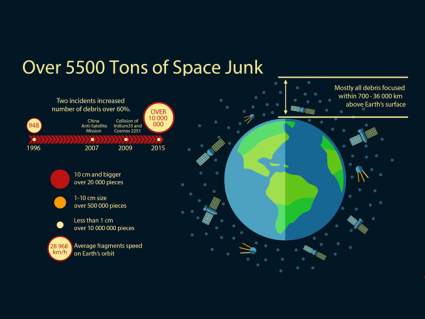
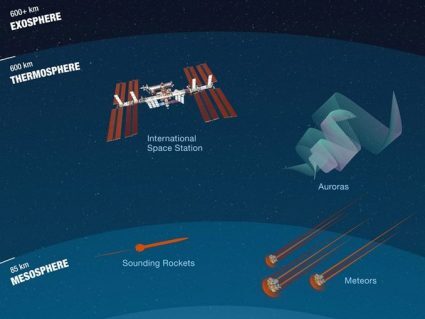
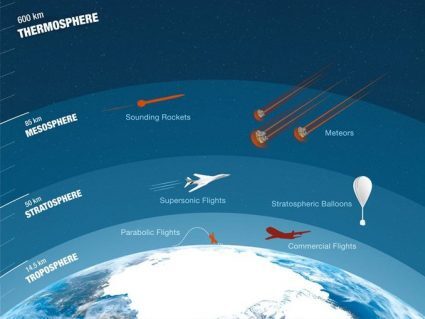
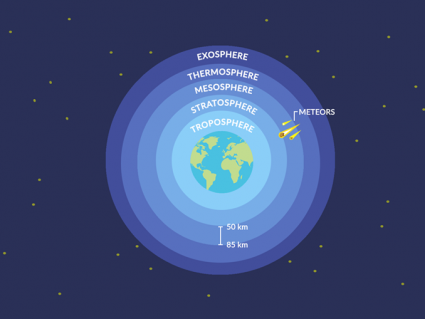
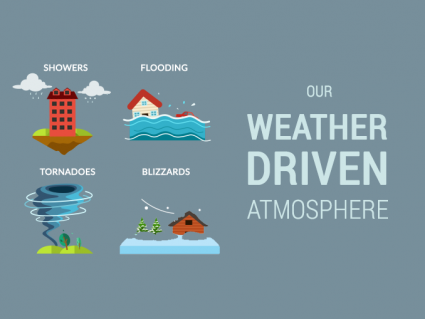
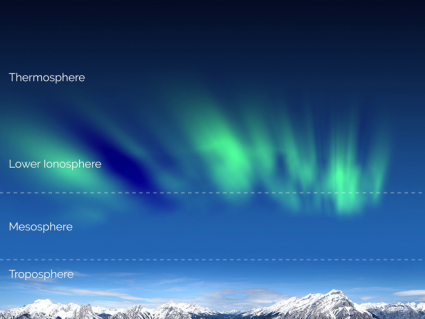
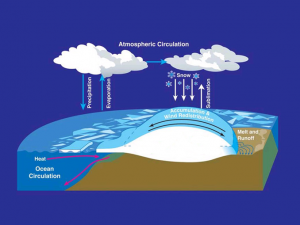
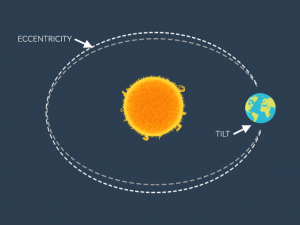
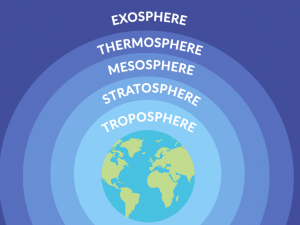
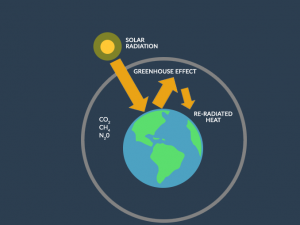


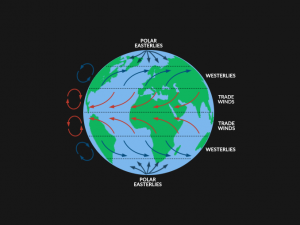
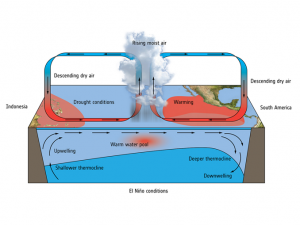
More respect for the erosion and abuse of our land.
With the Covid Pandemic, we saw how the environment responded well to the lack of gas pollution!! So this all ties in with keeping our footprint light!